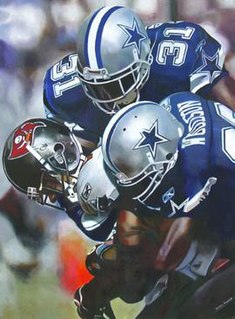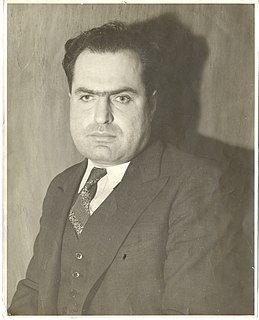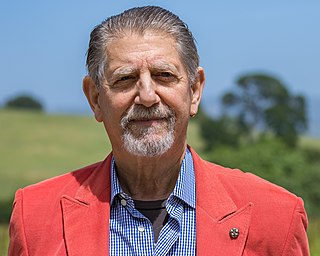Цитата Джидду Кришнамурти
Идея, образец самопроецируются; это форма самопоклонения, самосохранения и, следовательно, удовлетворения.
Связанные цитаты
Идея абсолютной свободы — фикция. Он основан на идее независимого «я». Но на самом деле такого нет. Нет себя без других людей. Без солнечного света нет себя. Без росы нет себя. И вода. И пчелы опыляют пищу, которую мы едим... Так что идея вести себя так, чтобы не признавать эти взаимные отношения, на самом деле не свобода, а снисходительность.
Мышление есть тончайшая форма полемики с самим собой, искусство определенного изящества в психологическом самовивисекции и самораспятии (Гегель, конечно, называл путь саморазочарования via dolorosa, или «шоссе отчаяния», в тонком и ясном изложении Бейли). витиеватая передача, как путь Иисуса на Голгофу).







































